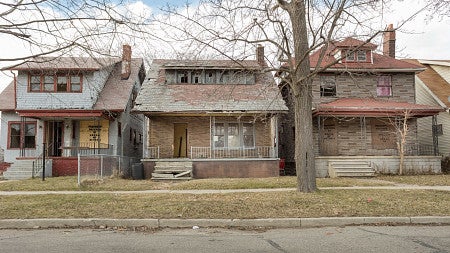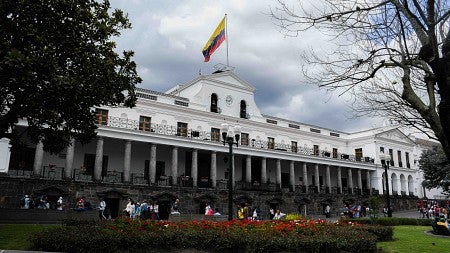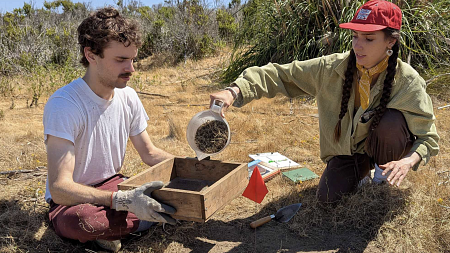The Department of Sociology at the University of Oregon is a vibrant and collaborative intellectual community. We are nationally and internationally recognized as a leading department in environmental sociology and sociology of gender, with clusters of faculty who focus on political economy, labor, race, ethnicity, culture, and health. We have a collective commitment to diversity and social justice that is visible throughout our research, our teaching, and our public sociology, and our department has made major contributions to numerous subfields of sociology, the university, and public institutions.
Featured Publications
In the last decade, our faculty have published many books or edited volumes and produced at least two (2) documentary films. Additionally, our faculty and graduate students have published nearly 200 research articles, public policy papers and reports, and book chapters in edited collections or encyclopedias. The department’s research has a global reach, with faculty members and graduate students publishing in high-impact research journals as well as interdisciplinary and critical journals.
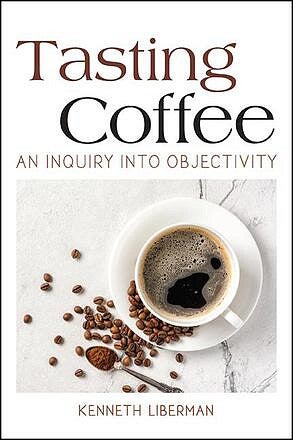
Tasting Coffee: An Inquiry into Objectivity
by Professor Emeritus Kenneth Liberman
At once ethnographic and phenomenological, Tasting Coffee investigates the global chain of coffee production "from seed to cup," stopping at every stage along the way to describe the tasting practices of each stakeholder purveying coffee. The ethnomethodological care of these descriptions derives from an attunement to just how these stakeholders discover and describe the flavors of coffee and how they convert subjective experience into objective knowledge. The methods and protocols of sensory science are also examined and assessed in their lived details, making this study also a contribution to the sociology of science. Based upon a decade of research in fourteen countries, author Kenneth Liberman provides a nonessentialist ontology of coffee, its history, and its production. The world of coffee becomes a microcosm in which many realities of postmodern humanity are exposed and clarified.
Just Get on the Pill: The Uneven Burden of Reproductive Politics
by Assistant Professor Krystale Littlejohn, from UC Press
The average person concerned about becoming pregnant spends approximately thirty years trying to prevent conception. People largely do so alone, using prescription birth control, a situation often taken for granted in the United States as natural and beneficial. In Just Get on the Pill, a keenly researched and incisive examination, Krystale Littlejohn investigates how birth control becomes a fundamentally unbalanced and gendered responsibility. She uncovers how parents, peers, partners, and providers draw on narratives of male and female birth control methods to socialize cisgender women into sex and ultimately into shouldering the burden for preventing pregnancy.
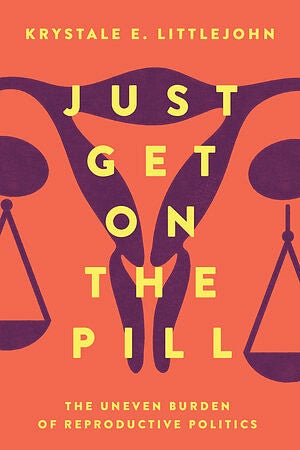
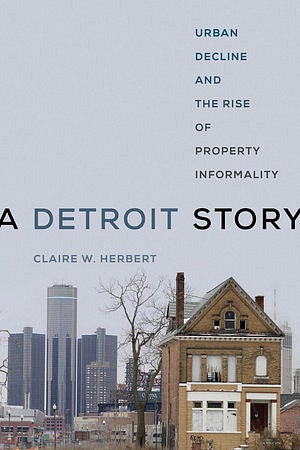
A Detroit Story: Urban Decline and the Rise of Property Informality
by Assistant Professor Claire Herbert
Bringing to the fore a wealth of original research, A Detroit Story examines how the informal reclamation of abandoned property has been shaping Detroit for decades. Claire Herbert lived in the city for almost five years to get a ground-view sense of how this process molds urban areas. She participated in community meetings and tax foreclosure protests, interviewed various groups, followed scrappers through abandoned buildings, and visited squatted houses and gardens. Herbert found that new residents with more privilege often have their back-to-the-earth practices formalized by local policies, whereas longtime, more disempowered residents, usually representing communities of color, have their practices labeled as illegal and illegitimate. She teases out how these divergent treatments reproduce long-standing inequalities in race, class, and property ownership.
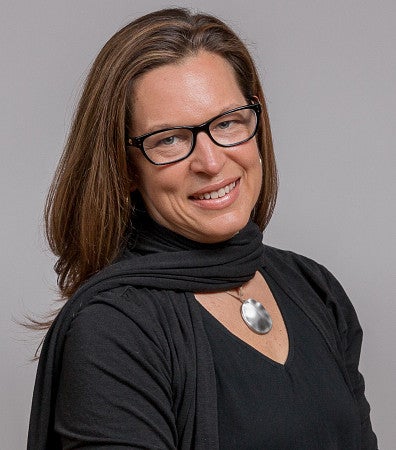
Building Supportive Educational Environments
“I love being a sociologist because I get to use the scientific method to study the social world. This means that I spend much of my time not only learning about how the social world works, but how I can use that knowledge to make the world a better place. In particular, because I study schools, young folks and inequality, I have the opportunity to help build educational environments that better support all young people. Every day I consider myself lucky that my job is to use my sociological imagination to improve the lives of others.”
— C.J. Pascoe, associate professor
Faculty Research Interests
Our department is committed to engaging in public sociology, the translation of scholarly social science research to the wider public. Much of our research has real-world implications, and sociology faculty actively use research in the service of social change through policy briefs, evaluation research, and advising non-profits, as well as communicating with popular audiences through active media engagement, documentary films, and public lectures.
Areas of concern in the department include globalization of the economy, environmental destruction and pollution, social welfare reform, discrimination, inequality, gender and work, sexualities, masculinities, health disparities, mobility, immigration, violence against women, and urban development, for example. The scholarship of both our faculty and graduate students is often directly relevant to key policy debates or contemporary cultural controversies. Our research is often referenced and used outside of academia, in the media and arenas of public policy.
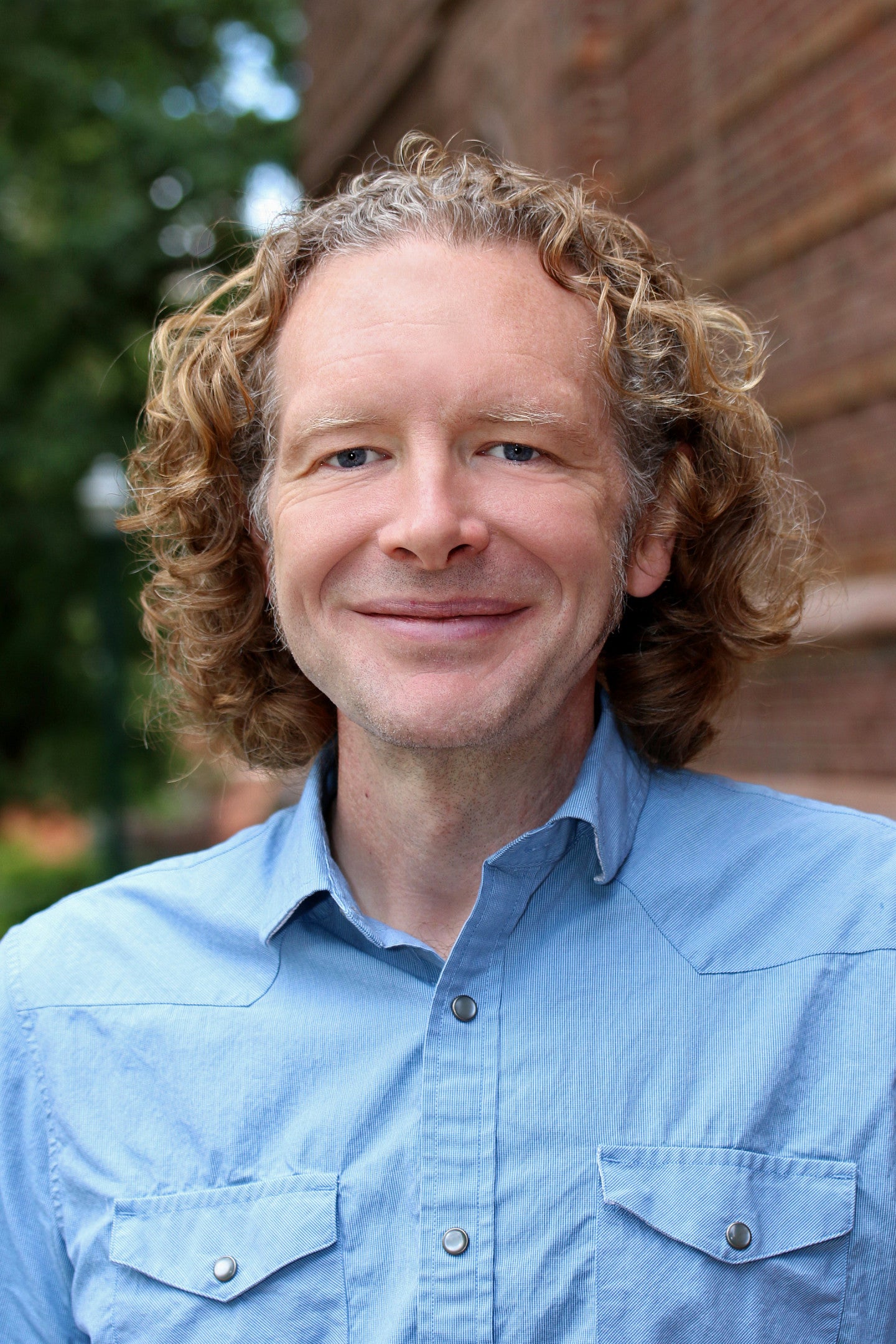
Technology and the Environment
“During an examination of the history of whaling, I found that the discovery of petroleum in the 19th century did not serve to reduce whaling. To the contrary, fossil fuels led to the dramatic expansion of global whaling, decimating whale populations. A key lesson from this research is that technologies often have unanticipated consequences, and we cannot rely on 'techno-fixes' to solve our environmental problems. Rather, addressing environmental problems requires political struggle, challenging power structures, and altering economic systems.”
— Richard York, director of environmental studies


